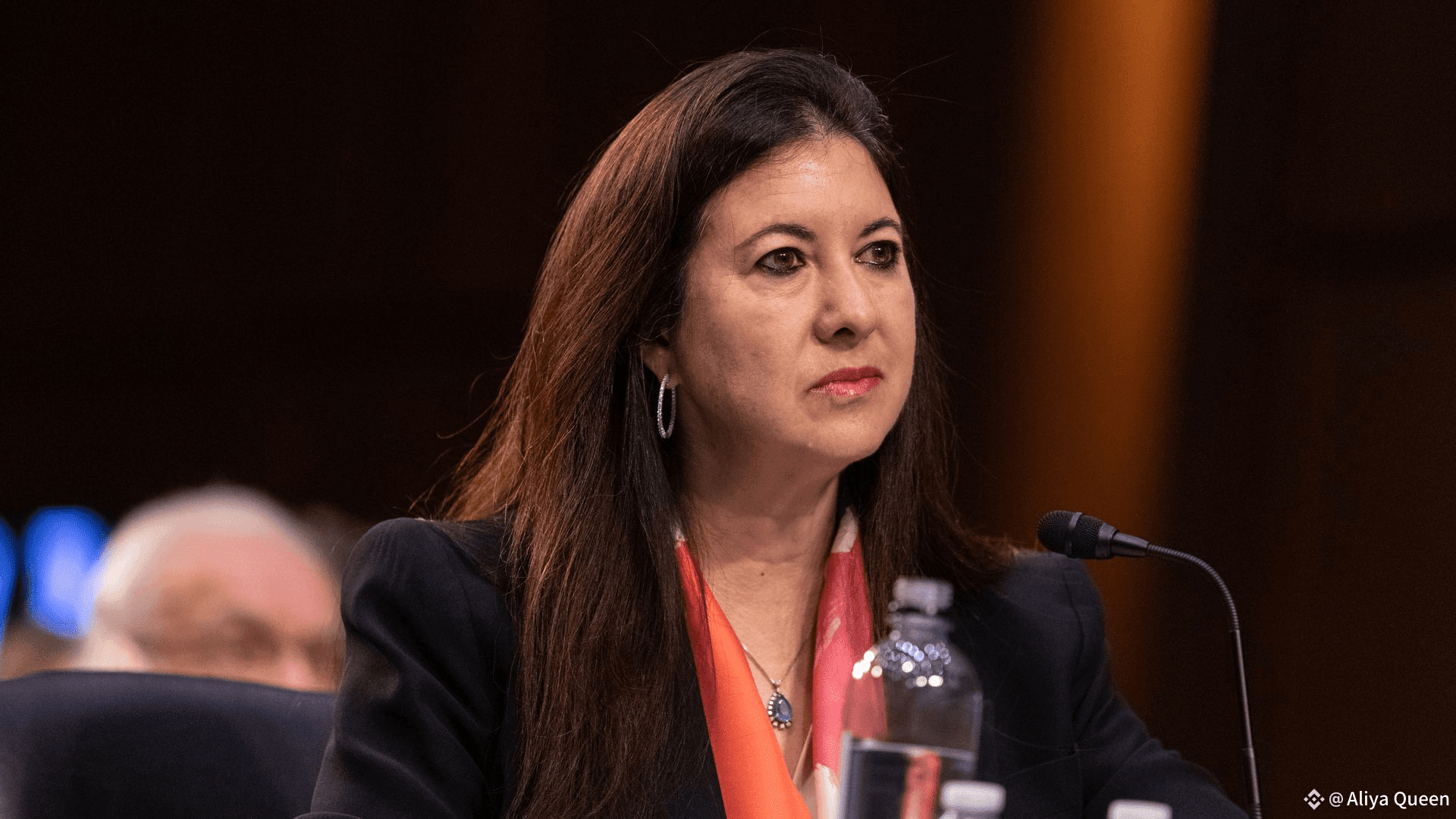Federal Reserve Governor Adriana Kugler's unexpected resignation creates a pivotal opportunity for President Trump to reshape the nation's monetary policy landscape well before Jerome Powell's chairmanship expires.
The timing of Kugler's departure, effective August 8, 2025, carries profound implications for Trump's broader strategy to influence the Federal Reserve. Her resignation arrives more than a year ahead of schedule, as her term was originally set to conclude in January 2026. This early exit hands Trump an immediate pathway to install a loyalist who aligns with his vision for aggressive interest rate cuts.
The vacancy represents Trump's most reliable avenue for placing new leadership at the central bank during his current term. While Powell's role as Fed chair concludes in May 2026, his position as a board governor extends through 2028, creating uncertainty about future openings. Trump faces the reality that Kugler's slot may be his only guaranteed opportunity to introduce fresh blood to the Fed's leadership structure in the near term.
The strategic value of this appointment extends beyond mere numbers on the seven-member board. There's considerable speculation that Trump will use this vacancy to position his preferred successor to Powell, essentially creating what Treasury Secretary Scott Bessent previously warned against: a "shadow Fed chair" who could generate market confusion ahead of formal nomination.
Trump has already capitalized politically on Kugler's departure, claiming without evidence that she resigned due to disagreements with Powell over interest rates. "I was very happy about having a Fed vacancy to fill," Trump stated, signaling his enthusiasm for the appointment opportunity.
The resignation comes amid escalating tensions between the Trump administration and the Federal Reserve. Trump said Jerome Powell should follow in the footsteps of Federal Reserve Governor Adriana Kugler and resign from the central bank, ratcheting up his feud with the central bank chair. This public pressure campaign has become a defining feature of the administration's economic approach.
Powell himself has remained characteristically circumspect about his future plans. When pressed at recent news conferences about whether he might continue as a governor after his chairmanship ends, Powell has deflected with responses like "Sorry, I do not have any update for you." This ambiguity leaves Trump's team uncertain about additional vacancy possibilities.
The appointment process will likely reveal Trump's broader Fed strategy. He could select an entirely new candidate to fill Kugler's role, or potentially elevate one of his existing appointees from his first term, such as Christopher Waller or Michelle Bowman, both of whom already serve on the board.
Kugler's departure also removes a voice that had recently adopted more hawkish positions on monetary policy. Kugler of late has expressed generally hawkish views, with support for holding rates steady, putting her at odds with Trump's preference for more aggressive rate reductions.
For financial markets, the resignation creates immediate uncertainty about the Fed's future direction. Bessent's earlier warnings about the confusion that could arise from a "shadow Fed chair" scenario now seem particularly prescient, as Trump gains the ability to install someone who could serve as an unofficial voice for his monetary policy preferences.
The broader implications extend to the independence of the Federal Reserve itself. Trump's public celebration of Kugler's departure and his simultaneous calls for Powell's resignation signal a more aggressive approach to influencing monetary policy than typically seen from presidential administrations.
As Trump considers his nominee for this crucial position, the selection will serve as a clear indicator of his intentions for the Federal Reserve's future leadership and policy direction. The appointee will join the Fed well before any potential transition in the chairmanship, giving Trump's chosen candidate valuable time to establish relationships and influence within the institution before potentially ascending to greater leadership roles. #TokenizedUSStocks #TrumpTariffs ##FedGovernorVacancy
#TokenizedUSStocks #TrumpTariffs ##FedGovernorVacancy